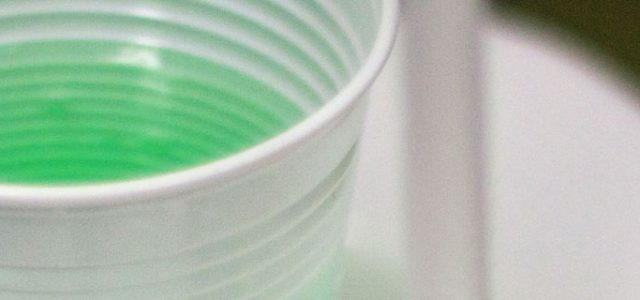NHS Dental Care
Free NHS dental treatment or help with health costs
You do not have to pay for NHS dental treatment if, when the treatment starts, you are:
- aged under 18
- under 19 and receiving full time education
- pregnant or a mother who has had a baby in the last 12 months
- staying in an NHS hospital and your treatment is carried out by the hospital dentist
- an NHS Hospital Dental Service outpatient (however you may have to pay for your dentures or bridges).
You also do not have to pay if, when the treatment starts,
- you are included in an award of
– Income Support
– income-related Employment and Support Allowance
– income-based Jobseeker’s Allowance
– Pension Credit guarantee credit
or - you are named on a valid NHS tax credit exemption certificate
- you are named on a valid HC2 certificate
- you or your partner receive universal credit
You will not be exempt from paying if you receive Incapacity Benefit, contribution-based Employment and Support Allowance, contribution-based Jobseeker’s Allowance, Disability Living Allowance, Council Tax Benefit, Housing Benefit or Pension Credit savings credit, when paid on their own. Medical conditions do not exempt patients from payment for dental treatment.
You will be asked to show your dentist written proof that you do not have to pay for all or part of your NHS treatment. You will also be asked to sign a form to confirm that you do not have to pay. If your name is on a valid HC3 certificate, you may not have to pay for all your treatment. Checks are made on fee and reduced cost treatment claims. If you say you have the right to free treatment when you do not, you may incur a penalty charge.
What treatments should I expect to be provided under the NHS?
You will be able to have all treatment provided under the NHS that your dentist feels is clinically necessary in order to keep your mouth, teeth and gums healthy. If your dentists say that you need a particular type of treatment, you should not be asked to pay for it privately.
If you are moving to live in another area of the country soon, you may want to wait until you arrive in the new area before starting treatment. If you are unable to complete a course of treatment that has already been started before you move, speak to your dentist. The primary care trust (PCT) responsible for your new area will help you to find another NHS dentist if you are having difficulty.
NHS dental charges
The charge you pay depends on the treatment you need to keep your mouth, teeth and gums healthy. You will only ever be asked to pay one charge for each complete course of treatment, even if you need to visit your dentist more than once to finish it – either Band 1, Band 2 or Band 3 (see below). If you have to be referred to another dentist for another, separate course of treatment, you can expect a second charge. Some minor treatments are free.
| Band 1 course of treatment | £26.8 |
|---|---|
| This covers an examination, diagnosis (eg X-rays), advice on how to prevent future problems, a scale and polish if needed, and application of fluoride varnish or fissure sealant. If you require urgent care, even if your urgent treatment needs more than one appointment to complete, you will only need to pay one Band 1 charge. | |
| Band 2 course of treatment | £73.50 |
|---|---|
| This covers everything listed in Band 1 above, plus any further treatment such as fillings, root canal work or if your dentist needs to take out one or more of your teeth. | |
| Band 3 course of treatment | £319.10 |
|---|---|
| This covers everything listed in Bands 1 and 2 above, plus crowns, dentures and bridges | |
How often should I go to the dentist?
You should see a dentist regularly for routine check-ups even if you are not experiencing any problem with your mouth or teeth. Attending regularly helps you and your dentist to keep your mouth, teeth and gums in good health and pain free. Your dentist will tell you how often you need a routine check-up. The clinically recommended maximum intervals are up to 24 months for adults and up to 12 months for children. Within these guidelines, your dentist will recommend a recall interval for you based on his or her assessment fo your current dental health.
